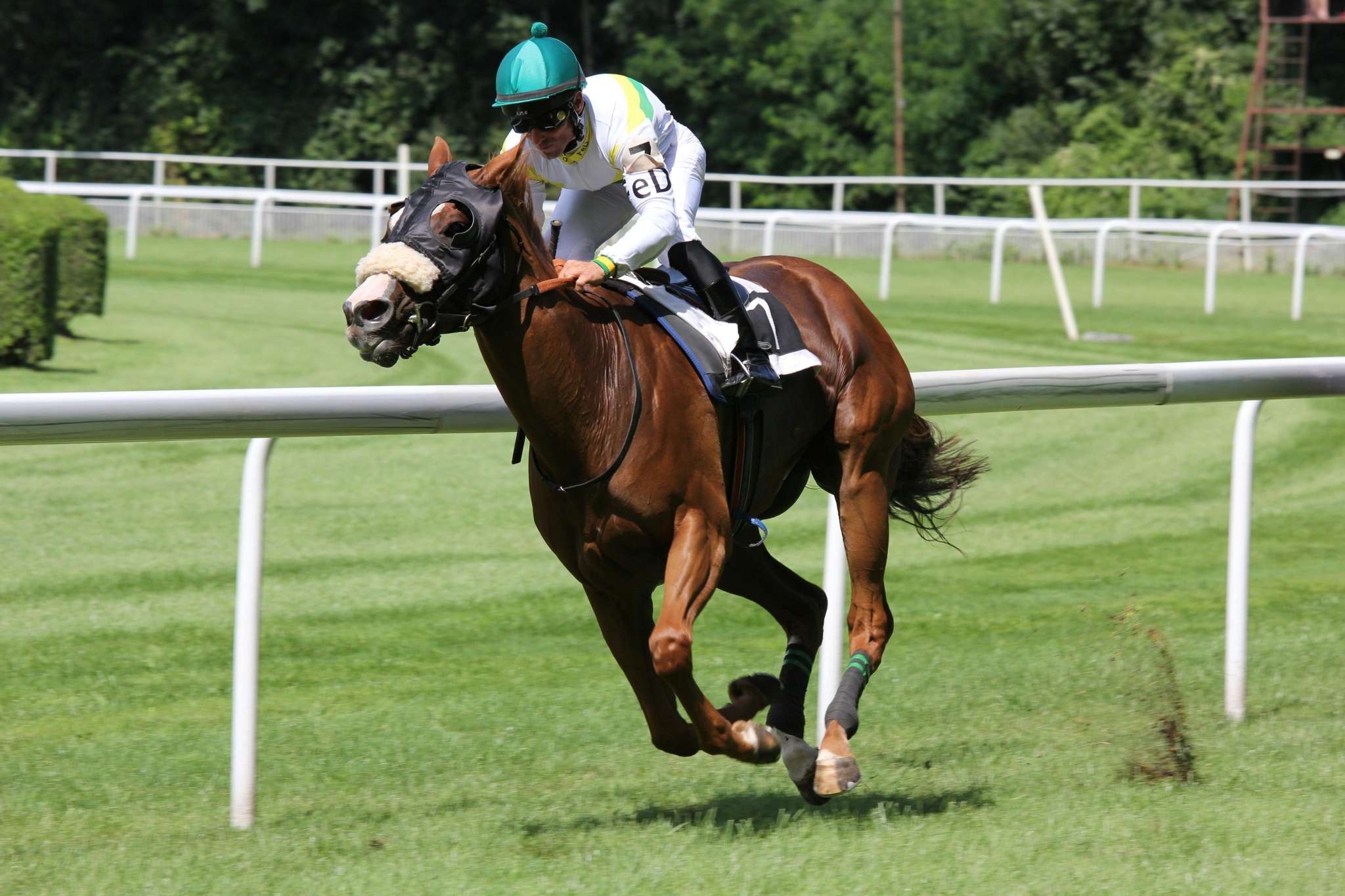The Hong Kong Jockey Club holds the sole license for gambling in the region. Yet in the digital age, is it doing enough, and are offshore operators a more attractive prospect?
Across the world, online casinos and sports betting are experiencing a golden age. The industry is now raking in around $455 billion USD per year globally. While many countries have embraced this and set up licensed, regulated sectors, there are still areas where gambling is a closed book. One of these is Hong Kong, where the license to provide gambling services is owned exclusively by the Hong Kong Jockey Club.
Who Are the Hong Kong Jockey Club?
The Hong Kong Jockey Club has an illustrious history, dating back to 1884. This makes it one of the oldest surviving institutions in the city. It is a not-for-profit venture which oversees and holds the license for gambling activities. So far, this allows them to provide betting on horse racing using a pari-mutuel method. It also provides fixed odds betting on foreign football leagues, and has its own lottery named the Mark Six. They have no online sportsbooks or casinos.
The main issue with this is that the services provided are lagging way behind those offered to the rest of the world. In an age of digital casino gaming and live sports betting, the HKJC monopoly, for many, is outdated. This has left many players seeking casinos outside the country to do their gaming. These platforms often serve players in Hong Kong specifically, in their payment methods and game selections. You can find easy-to-use Hong Kong online casino ranking reviews online, telling you which is the best by different categories, including bonuses, game selection and ease of use. They leave the services offered by the HKJC looking quite dated.
Part of this old-fashioned attitude may be down to the make-up of the club itself. As a non-profit organisation, it does not answer to shareholders and does not follow the rules that normal companies would. Membership in the club is restricted to those in Hong Kong’s high society. These memberships can not be bought or sold, and people must wait decades to be accepted. Previously, it was only open to ‘Old money’ style families, typical of colonial rule, and this mentality seems to still be in play. The price for full membership is HK$850,000, with the monthly fee of HK$2,550.
Hong Kong Jockey Club Allows Basketball Betting
In September 2025, the Hong Kong Jockey Club reached the third reading of the Betting Duty (Amendment) Bill 2025. The vote received 77 votes in favour, two against and two abstentions, meaning that the Hong Kong Jockey Club will now be allowed to provide betting on basketball. This will be done using fixed odds, much in the same way that they do with football.
There are two ways to look at this. On one hand, it shows that the HKJC is moving on, bringing in new products and services. Several lawmakers had given their approval, citing the influence of offshore wagering and overseas platforms as an example of the changing market. They believed this would help steer the unregulated market into regulated channels.
The other way to see this is as an example of just how out of touch, and behind the curve, the HKJC really is. In 2025, it will bring in the option to gamble on basketball in physical premises. In a world of multiple markets, with in-play sports betting and casino gaming in the palm of the hand, is this enough? Or is it too little too late?
Behind the Scenes of the Hong Kong Jockey Club
Despite being a non-profit organisation, it would be foolish to think that people are not making money in the club. The HKJC makes around HK$136.3 billion per year, and much of this is put into the club’s own investments and dealings. These are extremely secretive.
In July this year, the club sought to offload a $500 million investment portfolio. These were made via a trust of the organisation. According to their 2023 and 2024 annual report, the HKJC had HK$18.78 billion in alternative investments.
A lot of this does go back into Hong Kong, and they have several charitable trusts. They have recently set up a basketball development programme which will see over 32,000 people across the region benefit from a Believe and Bounce Basketball initiative. It is being done with the InspiringHK Sports Foundation (IHKSports), the Boys’ and Girls’ Clubs Association of Hong Kong (BGCA) and the Hong Kong Federation of Youth Groups (HKFYG). It will aim to make the sport more accessible.
Thus, the club seems to be hanging onto its old ways as it is profitable. This is both an advantage for the club itself and for its benefits to the wider Hong Kong area. Yet in doing so and keeping out competition, it may also be placing itself out of the race, failing to provide modern services in the digital age.


